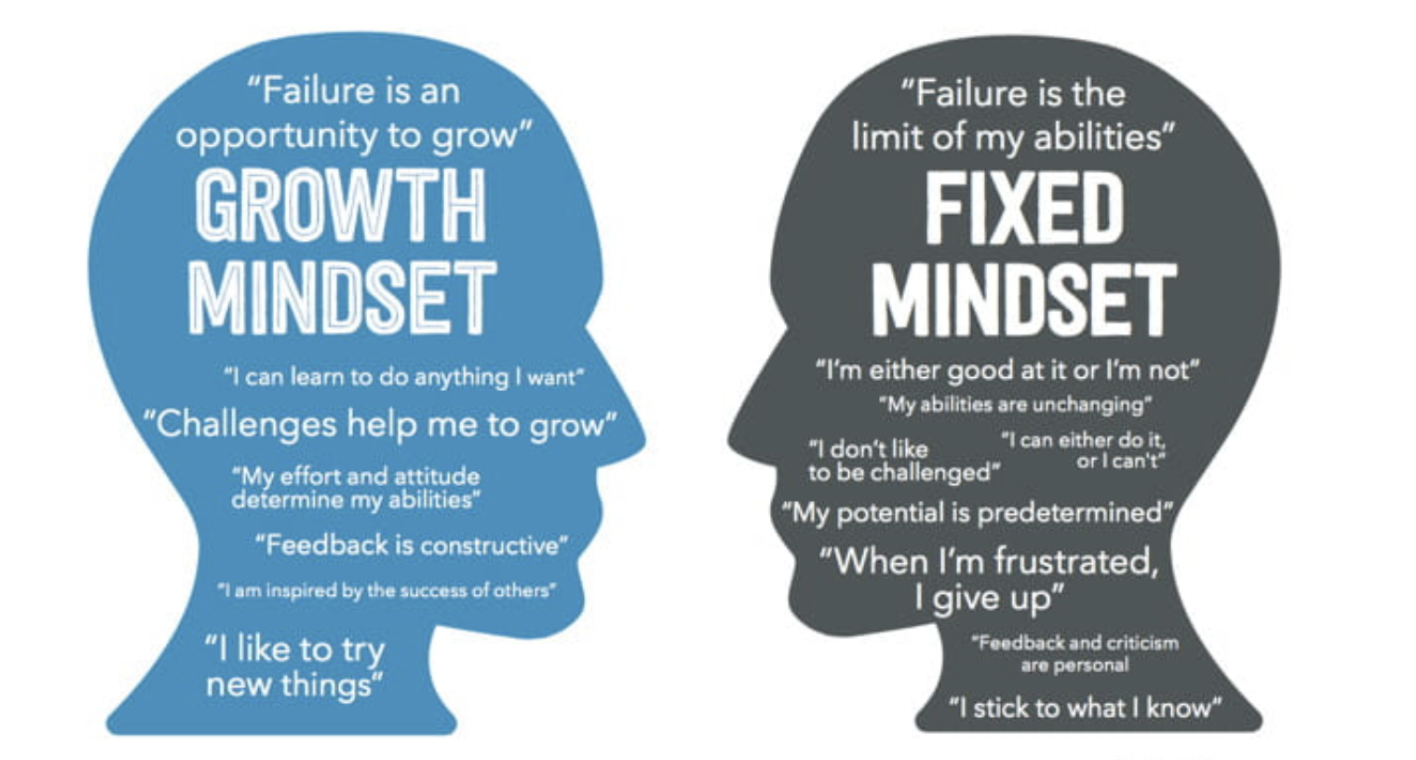How to build mental resilience in Squash
What is mental resilience?
My definition:
‘The ability to face setbacks with resourcefulness, positivity and a problem-solving mindset to come out of whatever the situation is with lessons learned for the future. To perceive fewer situations as setbacks in the first place, by adopting a growth mindset.’
Growth vs Fixed Mindset
Whatever level you play at, whether you’re young or older, we all experience disappointment and face setbacks when we compete in sport. The difference between winning and losing a match, or quite plainly, the difference between a professional player and an amateur, is the speed at which they can brush off these setbacks, and get back to playing their best once more.
Building mental resilience
To build mental resilience, you need to develop your understanding an application of the 7 C’s below. I have given my take on each point from a squash perspective, and I hope this will help you, and help you help others to get back into the zone faster when experiencing challenges on and off the court!
Here are the 7C’s of resilience with my interpretation as it relates to squash for each one:
1. Competence
Building a strong foundation of skills by continuously learning, growing and expanding your capabilities. Developing a growth mindset and seeking out opportunities for personal and professional development.
For squash: As you learn the game, building your technical and tactical abilities, taking time to challenge yourself, get out of your comfort zone and allow yourself to be tested - knowing that you will either win or you will learn.
2. Confidence
This is the belief in your own abilities. Nurturing a sense of self-confidence comes from recognising and celebrating your achievements and reframing setbacks and valuable learning experiences.
For squash: Taking note of your strengths in your game, developing a strategy that works towards your strengths, cultivating a positive self-image, and reflecting well on game situations or performances that don’t go to plan.
Circle of Concern, Influence & Control
3. Connection
Surrounding yourself with a supportive network of friends, family and mentors or support groups which provide a sense of belonging, empathy and understanding during tough times.
For squash: Having that opportunity to talk about your match results, the dynamics at play versus a particular opponent and what you could do differently next time. This exposes you to diverse perspectives and opens the door to different coping strategies and learning points.
4. Character
Resilient people possess a strong character founded on ethics and integrity. By embracing principles such as honesty, empathy, and perseverance, you can maintain your resilience and navigate difficult situations with dignity. This takes introspection, understanding your core values, and aligning your actions with those values, even when faced with adversity.
For squash: Take the high road. We’ve all have matches where a ball has been called out when it was in, or when your opponent persistently blocks you. Don’t stoop to their level. There is strength in playing hard, but fair. Your character is your compass that guides your decisions and actions, strengthening this will bolster your resilience.
5. Contribution
Finding meaning and purpose in what you do. Engaging in activities that contribute to something greater, either within or outside yourself, nurtures resilience by reinforcing a sense of purpose and fulfilment.
For squash: For me, this means being purposeful with what I’m trying to achieve. I take what I’m doing seriously. This next point, is part of this important game, which contributes to this match, which will get me to this point on squash levels (or in the league, or this tournament), which contributes to this goal I have for my squash to be at XXXXX squash levels (or to with that event, or get to league 6). All of this contributes to greater well-being and fulfilment. The opposite would be rocking up on a Saturday morning, zero preparation, no warm up, not properly hydrated or fuelled, with no plan in my head about the upcoming match - and not really caring one way or another about my performance or the result.
6. Coping
Developing healthy coping strategies for navigating challenges. These could include identifying and practicing techniques such as exercise, mindfulness or journalling to promote mental and physical well-being.
For squash: We’re talking about breath-work, dealing with our triggers during our matches (situations that occur that can throw us off our game), adequate pre-match preparation and post-match reflection with the use of journalling.
7. Control
Focusing on your circle of influence. Resilience is also about recognising the elements within your control and letting go of what you cannot change.
For squash: Laura Massaro once said being completely results-driven can create nerves, she much prefers to focus on performance. James Willstrop likes to focus on the strategies and tactics of how he is going to get the result, this helps him think more positively.
Stay up to date
To keep up to date with the latest squash news, articles and events add your email below.



